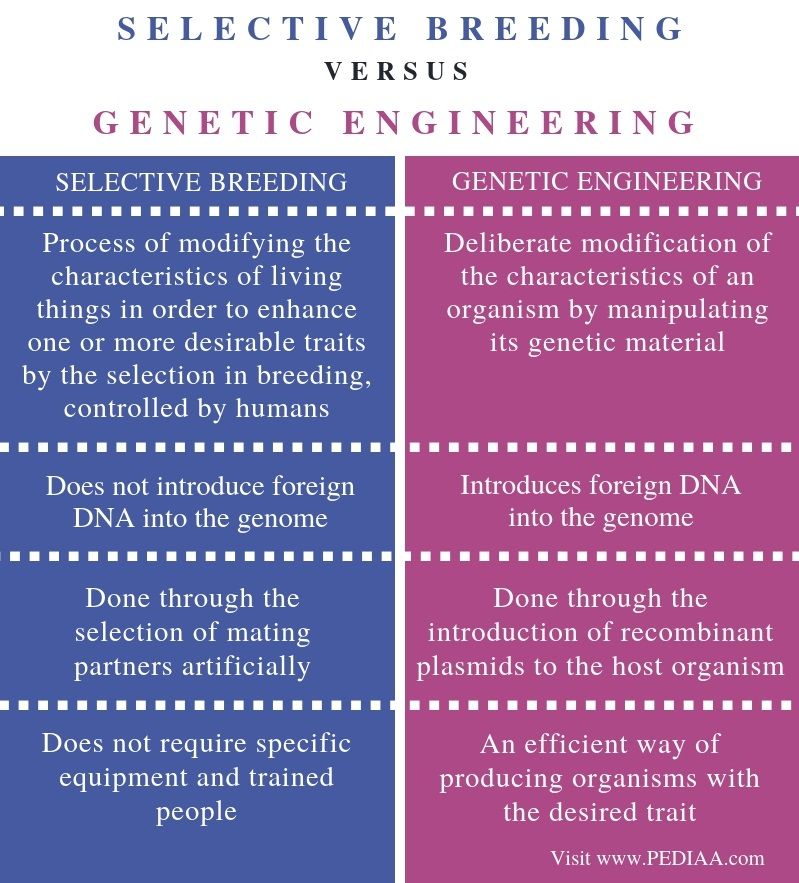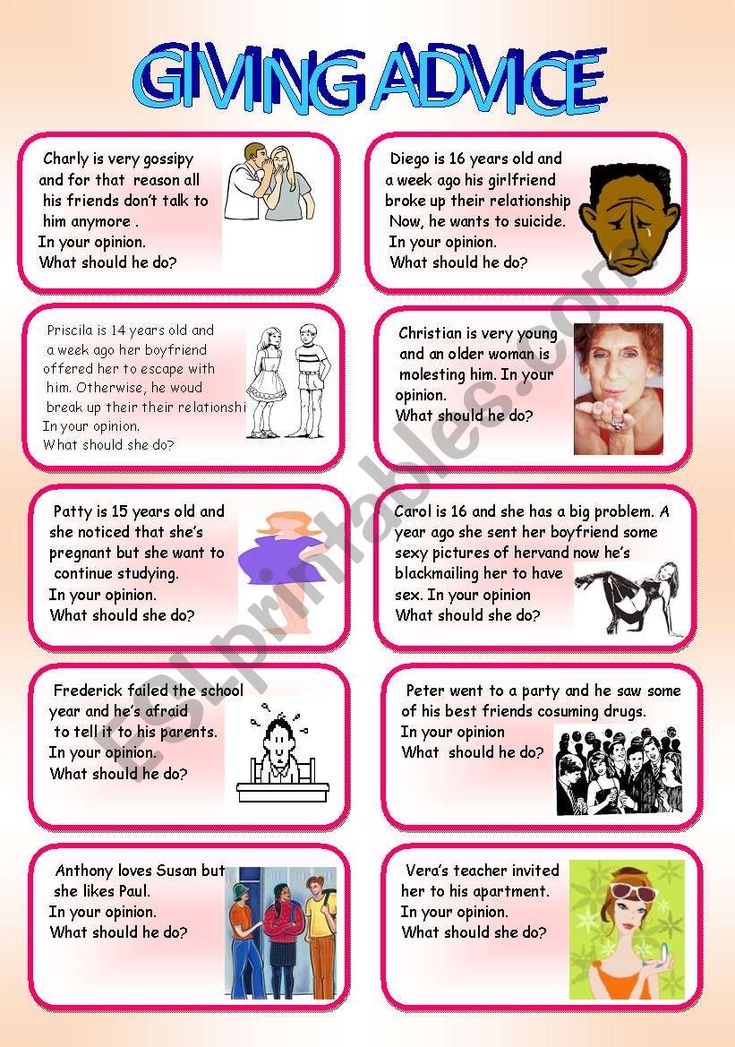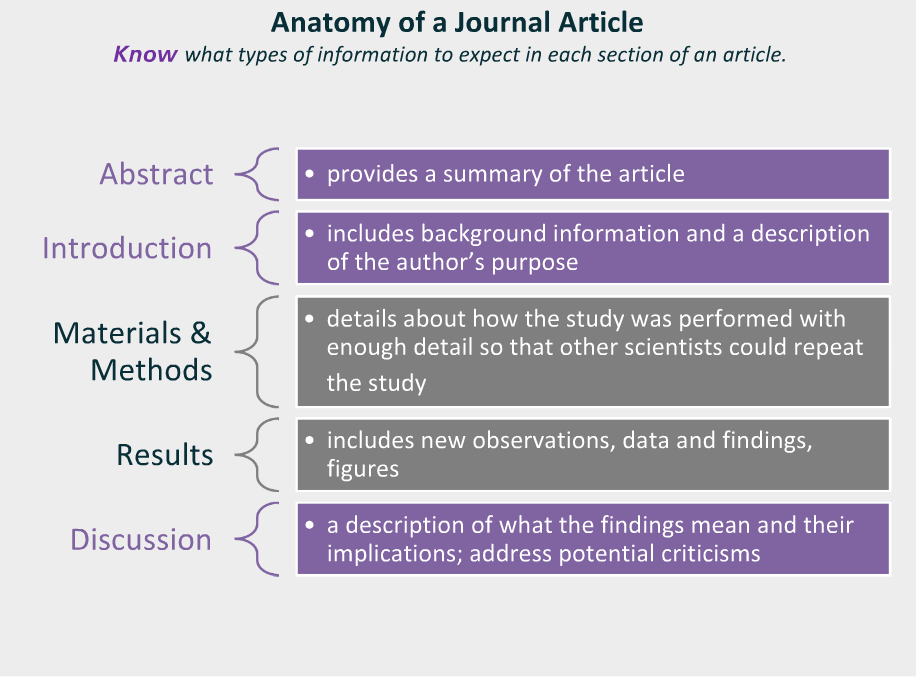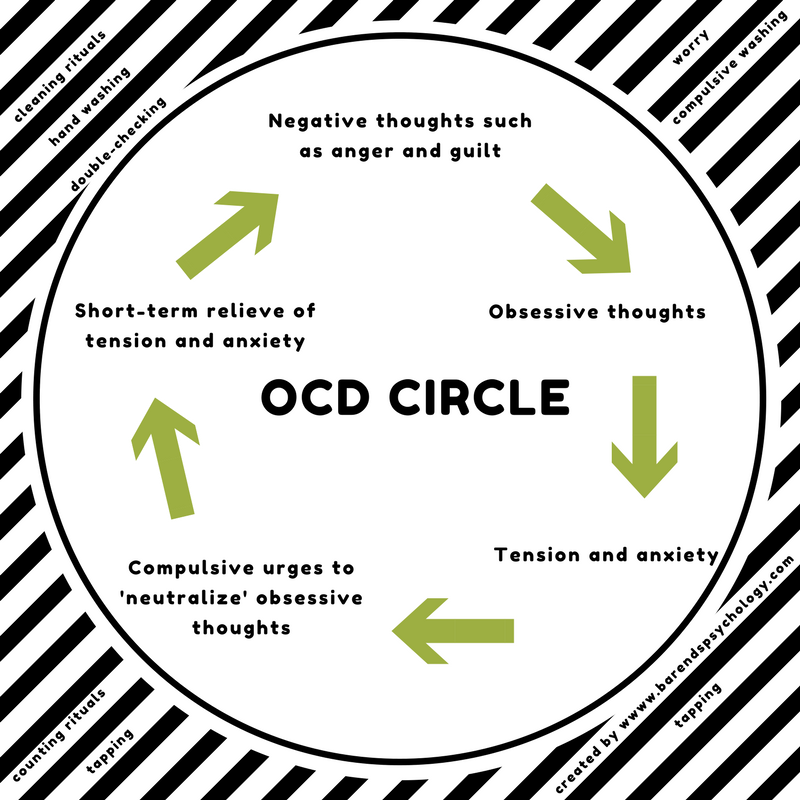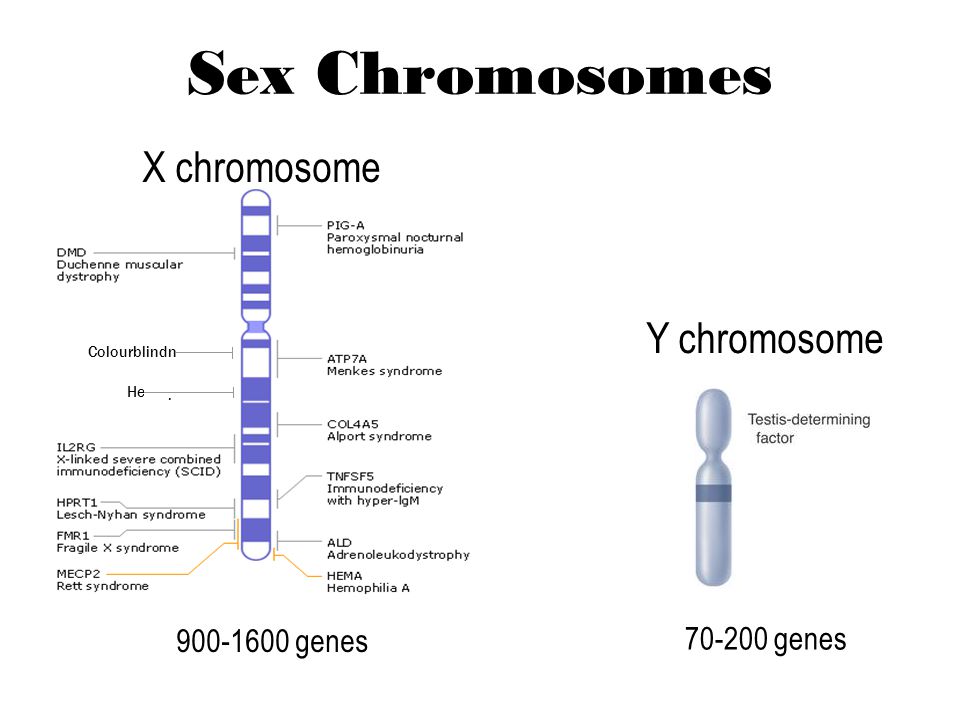What is retroactive jealousy
What Is Retroactive Jealousy and How Can You Stop It?
Retroactive jealousy means feeling threatened by your partner’s past relationships or experiences.
Jealousy occurs when someone or something else is perceived as a threat to your relationship. It could happen when an overly-flirtatious bartender holds your partner’s attention, for example, or when an attractive co-worker asks your partner for one-on-one time.
This type of jealousy usually occurs as the event happens. When you’re feeling threatened by your partner’s past, however, that’s known as retroactive jealousy.
Retroactive jealousy tends to be unfounded, and while it’s not a formal mental health diagnosis, sometimes it can be a symptom of one.
Retroactive jealousy is a form of jealousy, with many of the same causes. It may arise when you feel your partner still values or treasures something in their past and that affection could take their love away from you.
A 2017 systematic review of 230 studies on romantic jealousy found this emotion was often rooted in:
- insecurity
- low self-esteem
- insecure attachment styles
- past experiences of infidelity, even if with other partners
- substance use
- health challenges associated with hormonal fluctuations
- brain injury
- chronic medical conditions (like Parkinson’s disease)
Sporadic retroactive jealousy is possible when you find out your partner hasn’t let go of memories of the past.
For example, keeping photos or souvenirs of a past relationship around the house or comparing the current relationship to previous ones.
When retroactive jealousy is persistent and severe enough to negatively impact important areas of your life, it may be a symptom of an underlying mental health disorder, such as:
- bipolar disorder
- depression
- psychosis
- personality disorders
- anxiety disorders
Not everyone who experiences retroactive jealousy lives with a mental health disorder. Only a professional can accurately diagnose a condition.
Retroactive jealousy and OCD: Is there a link?
Retroactive jealousy may in rare cases fit the criteria for obsessional jealousy, a type of emotional and mental fixation linked to obsessive-compulsive disorder (OCD).
Referred to as “retroactive jealousy OCD,” this presentation of obsessive-compulsive disorder can involve intrusive thoughts (obsessions) about your partner’s past relationships, followed by repetitive rituals (compulsions) like continually checking the social media of your partner’s ex.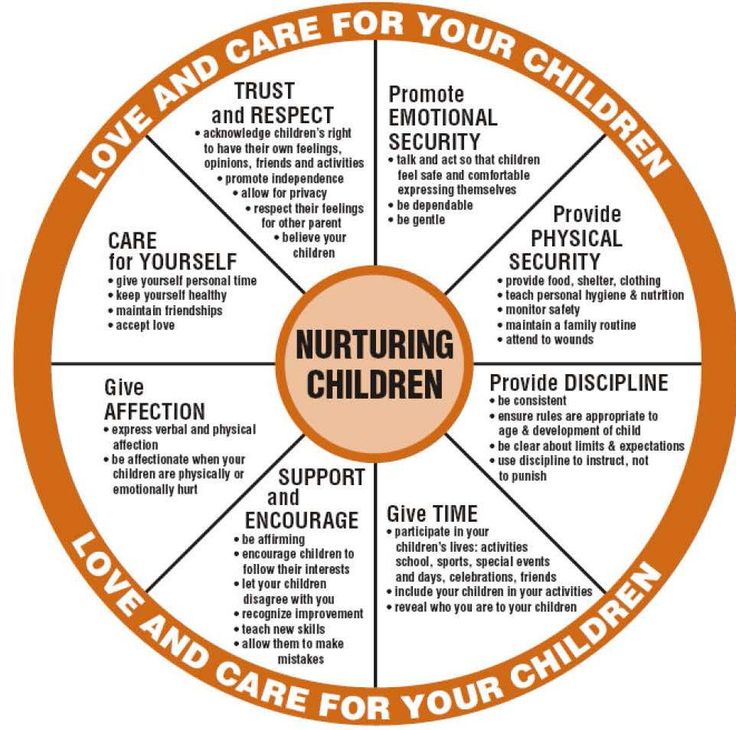
Monica Miner, a licensed mental health counselor in Palm Springs, Florida, indicates retroactive jealousy will often involve tactics to gain information about the partner’s past, such as:
- constant questioning about past relationships
- conducting Internet searches on exes
- following past partners on social media or creating fake accounts to view their content
- investigating old high school or college days via friends or academic records
- going over private property like albums, souvenir boxes, or letters
Social media and retroactive jealousy
The use of social networking sites as tools to find out more about your partner’s past is common.
According to a 2018 interview-based study, researchers found online social networks may encourage retroactive jealousy through comparison, allowing partners to fact-check past relationship details and access digital relationship remnants.
Other signs of retroactive jealousy
In addition to information gathering, a partner experiencing retroactive jealousy may:
- make sarcastic or degrading comments about your exes or relationships
- comment on how exes were more attractive or more accomplished
- use “you wish I were them” statements
- imagine scenarios where you choose your ex over them
- snoop through your phone or browsers
- accuse you of remaining in contact or cheating with your ex, whether true or not
“Feeling jealous about your partner’s past is a common experience for many people,” explains Miner.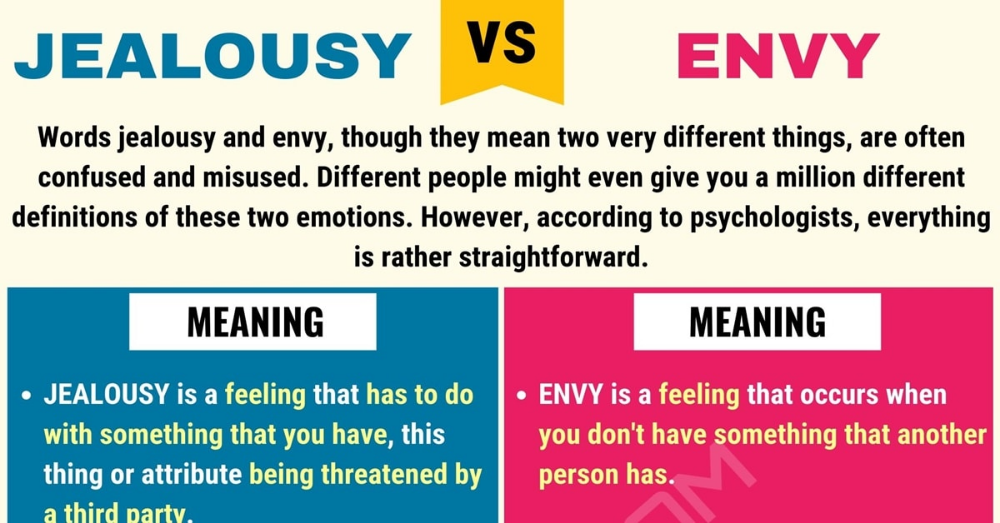 “When jealousy is intense, it can make you feel like you are losing control of your emotions and you may even act out in destructive ways.”
“When jealousy is intense, it can make you feel like you are losing control of your emotions and you may even act out in destructive ways.”
Is retroactive jealousy ever justified?
Retroactive jealousy is jealousy of the past without existing interference from an ex.
It’s not the same as jealousy because a partner is currently crossing relationship boundaries through communication, contact, or admission of lingering feelings.
When you feel jealousy toward a partner’s ex due to present behaviors, it’s no longer considered retroactive jealousy.
Yes, you and your partner may overcome any type of jealousy, including retroactive. These tips may help you stop retroactive jealousy if you find yourself feeling jealous of your partner’s past:
Introspection
Miner recommends taking a step back when you find yourself experiencing retroactive jealousy, to see where those feelings and unwanted thoughts are really coming from.
You can start by using a grounding technique to help re-center yourself in the moment, followed by writing your thoughts and emotions, and focusing on the facts instead of your fears.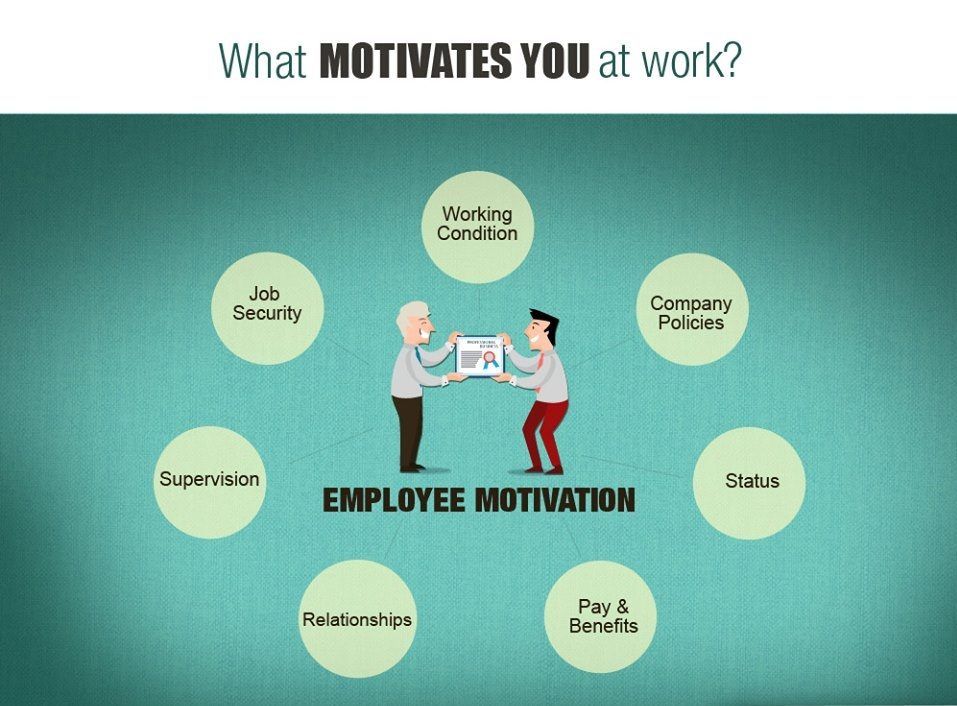
Often, in a healthy relationship, you may find retroactive jealousy isn’t justified and what you’re feeling is about you, not your partner’s past. Introspection may help you determine what inner fears or doubts are fueling retrospective jealousy.
Communication
Sometimes, communication is key in managing unwanted thoughts about your partner’s past relationships.
Maybe you found a picture of your partner’s ex in their desk, for example. While this might seem like a sign they’re holding onto that relationship, maybe your partner isn’t aware the picture was lumped in with other papers.
Practicing assertive communication with your partner may help clear up any misunderstandings or doubts you may have about their stance on past partnerships.
Reflecting on your current relationship
When you’re down on yourself, it can feel easy to compare your negatives to a partner’s ex’s positives.
If you feel as though you don’t hold a candle to your partner’s ex, it can be helpful to remember you’re the one currently in a relationship with them.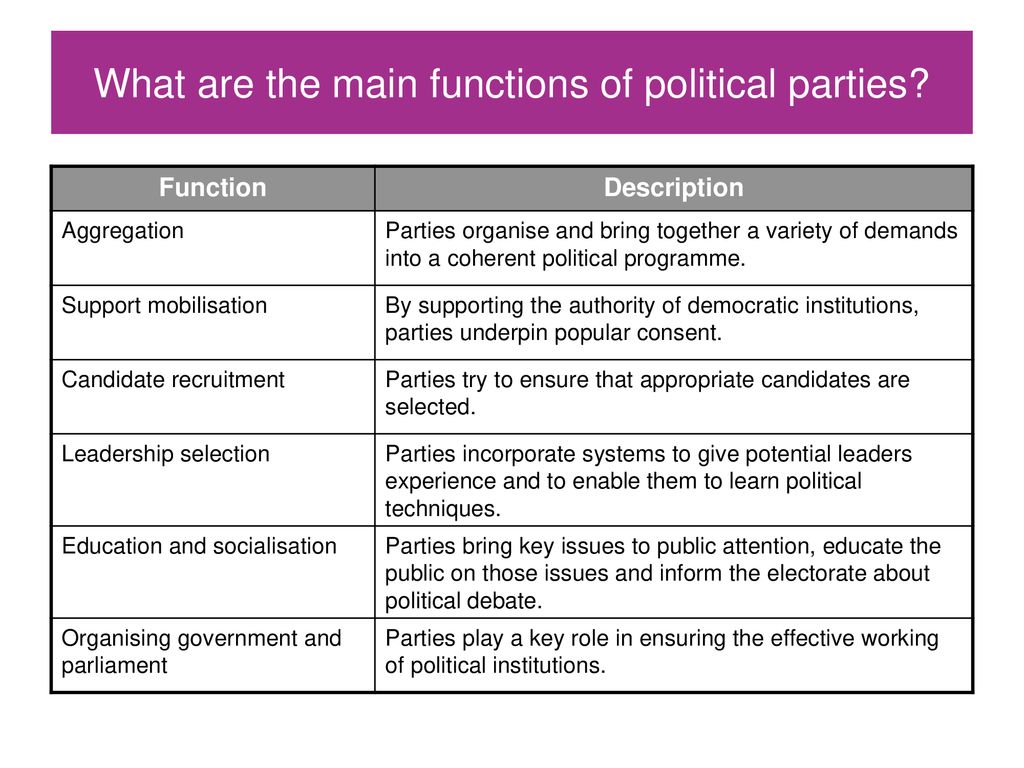 They’ve chosen you, not their ex.
They’ve chosen you, not their ex.
You may find it useful to keep a journal where you can list all the positive aspects of your relationship and why you and your partner make a strong team.
Steering clear of social media
Social media is a platform where people, including exes, showcase their best lives. It can be an unrealistic outlet for comparison.
Setting limits on your social media time or blocking your partner’s exes’ accounts may help you avoid seeing glamorous glimpses into their lives.
Professional guidance
Retroactive jealousy tends to be about the person feeling it.
Trust challenges, childhood experiences, or growing apart from your partner may fuel retroactive jealousy.
Living with some mental health conditions may also play a role in how you feel:
- separation anxiety
- codependency
- dependent personality disorder
- trauma
A mental health professional may help you explore the possible reasons for retroactive jealousy, your relationship health status, and how you can overcome feeling insecure about your partner’s past.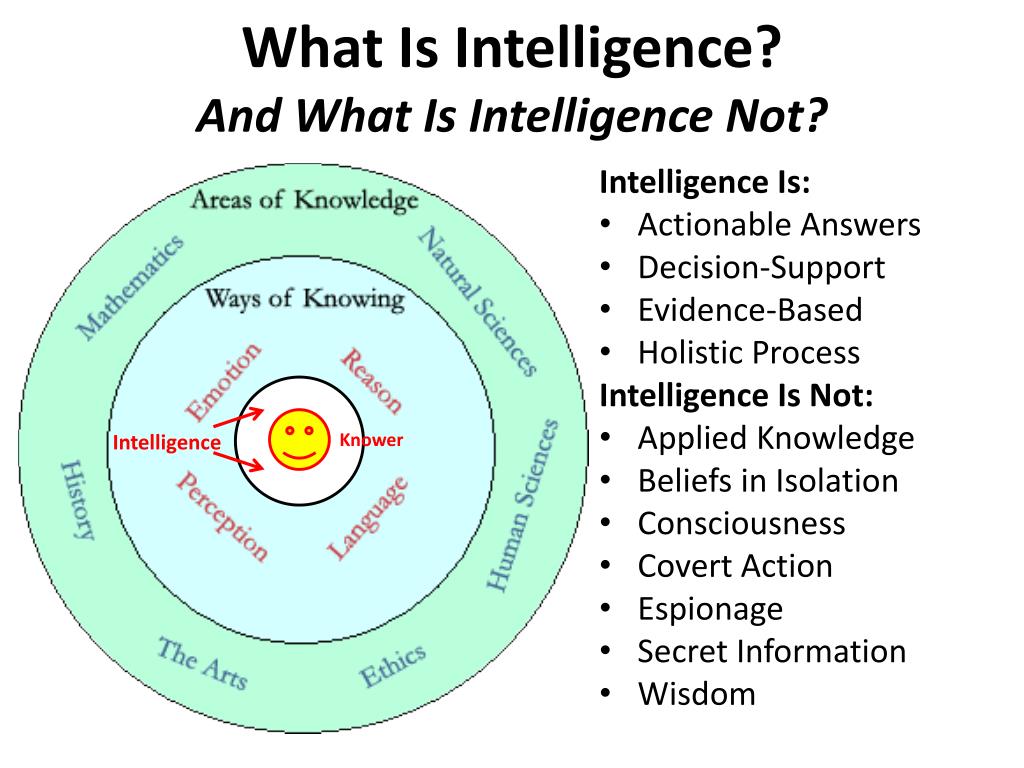
You can help support your partner’s effort to overcome retroactive jealousy by:
Encouraging communication
You can gently ask your partner why they feel concerned about your past, offering an opportunity for open communication.
Openly talking about how they feel may help them uncover some of the causes of retroactive jealousy, or may reveal what they’re really worried about. It’s also an opportunity to validate and reaffirm your commitment and love.
Relationship building
By making new memories together, you can help solidify the bond you share, while creating unique experiences.
Taking recreational classes, learning new skills, traveling, and doing projects together can all help set your relationship apart — for the better.
Knowing when to say goodbye
Not all partners are willing to seek professional help or work on their feelings of retroactive jealousy.
When retroactive jealousy from a partner starts to negatively impact your daily life and emotions, it may be time to reevaluate your relationship.
Retroactive jealousy means you feel threatened by your partner’s past relationships.
Feeling jealous about your partner’s past may manifest as information-seeking behaviors like social media searching, but may also come up as constant comparisons, sarcasm, or snooping.
While not every relationship can survive retroactive jealousy, open communication, relationship building, and professional guidance may help.
Retroactive Jealousy: What It Is and How You Can Overcome It
Everyone has experienced jealousy before, but usually its jealousy in the moment. It might be over the mocha your best friend had at lunch while you suffered through a salad. Or, maybe it’s over your boss’s shiny new Ferrari. However, retroactive jealousy occurs when person gets jealous about something that happened in the past. Like a past partner of their current lover.
In the moment types of jealousy aren’t fun, but they tend to be fleeting and usually pass pretty quickly. Retroactive jealousy is a different experience. Read on to learn more about what causes it and why it’s so destructive to relationships.
Read on to learn more about what causes it and why it’s so destructive to relationships.
So, what exactly is retroactive jealousy? Retroactive jealousy is a pattern of jealousy. It relates exclusively to your partner’s sexual or romantic past.
Now, that doesn’t mean all jealousy of your partner’s exes is retroactive jealousy.
Retroactive jealousy is associated with obsessive thoughts. These thoughts then lead to unhealthy, negative actions that affect your relationship.
This type of jealousy is different. It’s centered on a lack of self-worth. Often, it includes a comparison to your partner’s previous relationships or sexual partners.
Retroactive Jealousy OCDRetroactive jealousy is sometimes referred to as retroactive jealousy OCD.
That’s because people suffering from retroactive jealousy share a lot with OCD sufferers. They exhibit many of the same thought and behavioral patterns.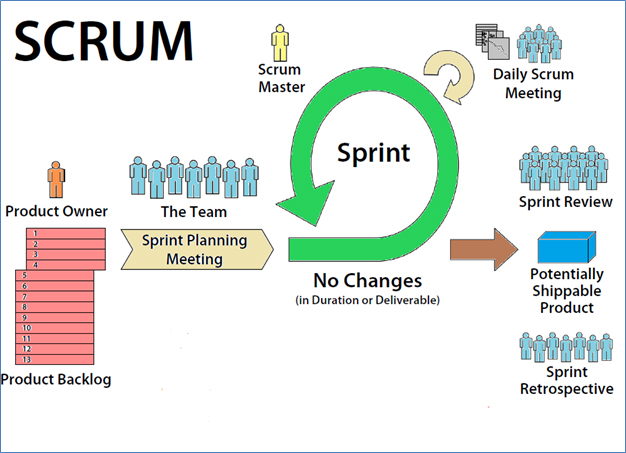
Obsessive-Compulsive Disorder, like retroactive jealousy, is characterized by obsessive and intrusive thoughts. Repeated and obsessive behaviors and replaying mental movies of imagined events are also common.
Both these mental health disorders lead to repetitive and persistent behavior. Ultimately that behavior damages relationships and causes disruptions in daily life.
Common Signs of Retroactive JealousyLike we said before, it’s normal to feel jealous from time to time. You might struggle with feeling jealous of your partner’s past relationships. However, that doesn’t automatically mean you have retroactive jealousy issues.
Retroactive jealousy is characterized by much more serious symptoms. In turn, these lead to a vicious cycle of negative behaviors that damage your relationship.
Emotional PatternsIn retroactive jealousy, there are several emotional patterns of unwanted thoughts.
One of the primary feelings is fear. These people often have a fear of losing their partner to their past romantic or sexual partners.
These people often have a fear of losing their partner to their past romantic or sexual partners.
Typically, the fear of losing your partner to a previous partner of theirs goes hand in hand with the doubt that they truly love you.
Another common behavior is quizzing your partner on their past. This can lead to arguments. Why? Because your partner doesn’t feel that they’ve done anything to deserve this treatment.
Many people suffering from this condition also struggle with envy. They may feel that they’ve missed out on opportunities because their partner has more sexual experience than they do.
Finally, the judgment of your partner’s romantic history can also be a common factor. This occurs when you begin to see your partner as being easy for having had past sexual partners.
Behavioral PatternsThought patterns aren’t the only symptom of retroactive jealousy. Behavioral patterns are another key sign that you’re suffering from this.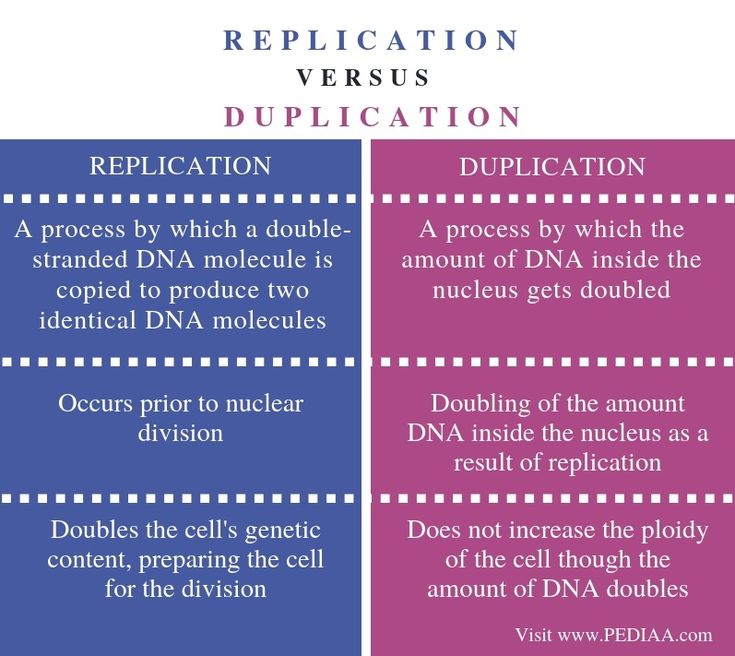
People suffering from retroactive jealousy often engage in browsing the internet. They look for information on what they’re feeling. And, they look for validation and advice on the emotions and thoughts they’re dealing with.
Typically, they also struggle with snooping on their partner’s social media profiles. They may even break into emails or social profiles, to learn about their partner’s past.
Another common behavior is quizzing your partner on their past. This can lead to arguments because your partner doesn’t feel that they’ve done anything to deserve being interviewed in this manner.
Similarly, if you’re struggling with this type of jealousy you may make sarcastic, snide, or pointed comments to your partner about their romantic past.
Many sufferers of retroactive jealous dwell on their thoughts as well. The bottom line is that brooding can perpetuate the problem and worsen the cycle that they are already trapped in.
Strategies for Breaking the CycleOvercoming retroactive jealousy is certainly difficult, but it’s definitely not impossible.
The first step to getting past this type of jealousy is to accept that you have a problem. By acknowledging that your thoughts and behaviors aren’t healthy, you are opening up the door for receiving the help you need.
Once you’re able to accept that you’re struggling with a serious issue, it’s time to try putting yourself in your partner’s shoes.
Understanding how you are affecting your partner negatively can help you to stop unhealthy patterns. It can help you to start trying to love and support your partner the way you want to.
The next step is probably the hardest but is also key to breaking the patterns that you’ve set up for yourself.
You’ll need to resist the urge to snoop, argue, or probe into your partner’s past. While it may be hard at first, resisting these urges is what puts a stop to the negative behavioral patterns that you’ve established.
Talking to your partner is also an important part of overcoming this form of jealousy. When you talk things out with your partner, you can more clearly see how your actions are affecting your relationship and your partner.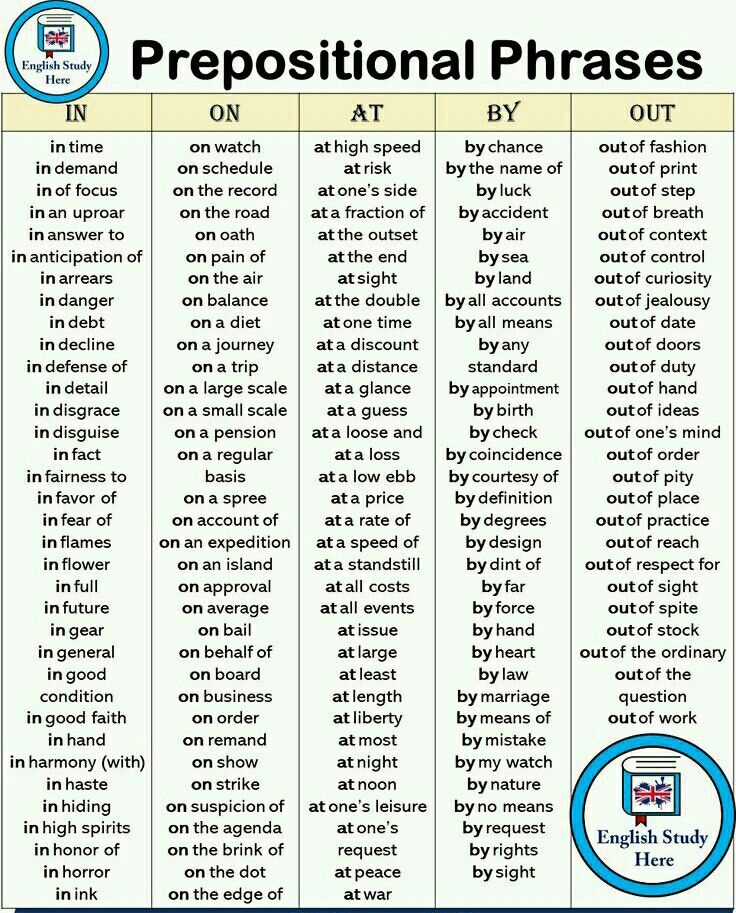
Another strategy for overcoming feelings of retroactive jealousy is to remind yourself of your own self-worth. Repeating affirmations can help you put jealousy behind you and focus on what you bring to the relationship.
Eliminate Retroactive Jealousy from Your RelationshipIf you’re experiencing retroactive jealousy in your relationship, it’s time to put a stop to it. This type of jealousy is doing nothing but hurting you, hurting your partner, and ultimately destroy your relationship.
At Modern Intimacy, you can get the tools you need to overcome retroactive jealousy. We help you to start creating a loving and understanding space between you and your partner.
Give us a call today and let’s talk through your problems with retroactive jealousy, or enroll in our upcoming workshop:
To learn more, or register, click here.
Modern Intimacy is a group therapy practice, founded by renowned Psychologist and Sex Therapist, Dr. Kate Balestrieri. This inclusive blog is designed to provide a wealth of information and resources for mental health, relationships, and sexuality. Subscribe today to get the latest information from our expert contributors from all around the world.
This inclusive blog is designed to provide a wealth of information and resources for mental health, relationships, and sexuality. Subscribe today to get the latest information from our expert contributors from all around the world.
FOLLOW
Search for:
Why you are jealous of your partner's past and how to stop it
An increased interest in your partner's past romantic and sexual life is called retrospective or retroactive jealousy. Often it has no good reason, but it poses a serious threat to the relationship.
At first, you just feel uncomfortable thinking about your crush's former lovers. Then you begin to doubt the value of the current connection, consider your partner immoral and unreasonably suspect him of treason. Finally, jealousy completely captures, makes you check social networks and browser history, spy. nine0003
Flashbacks of events you have never witnessed may occur at this stage. According to relationship consultant and sexologist Ammanda Major, this often leads to obsessive thoughts and a relentless desire to know what "really happened" between a partner and their previous lovers.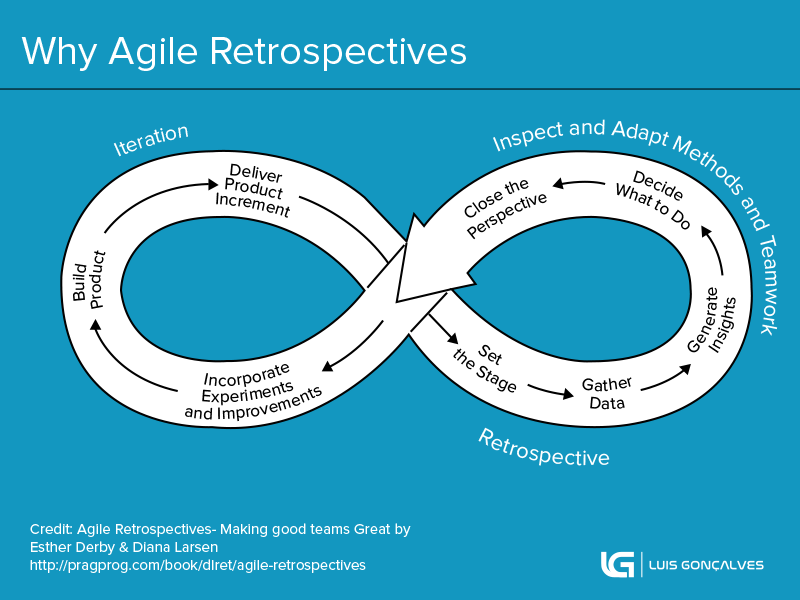
Ammanda Major
relationship counselor and sexologist
This can end up torturing both himself and his lover and turning the relationship into an abusive one. nine0003
How to Know if You're Jealous of the Past
Read the statements provided by Robert Leahy, Ph.D. and Yale University professor:
- I often think that my current partner had a lover or lover in the past.
- When I think about it, I feel anxious and restless.
- I'm wondering if my partner's past relationships were better than ours.
- I want to be the only person my partner has ever loved. nine0020
If you understand that some phrases can be attributed to you, then you are jealous.
Why do you think about it
The reasons may be different and depend on your character, conditions of acquaintance with a partner and external factors. But most often, according to Eva Thompson, a therapist who specializes in retrospective jealousy, it comes down to this:
You are afraid of getting hurt
You may have had a difficult relationship with your parents, you have experienced the betrayal of a friend or your previous partner was an abuser. One way or another, your body remembers this and tries to protect you from a similar situation. The defense mechanism is activated when you fall in love and begin to experience strong emotions. It is he who encourages you to sabotage the relationship and avoid any potential danger. nine0003
One way or another, your body remembers this and tries to protect you from a similar situation. The defense mechanism is activated when you fall in love and begin to experience strong emotions. It is he who encourages you to sabotage the relationship and avoid any potential danger. nine0003
You are worried that you will be compared with your previous partner
This reason is closely related to your inner beliefs, self-esteem, attitude. If you feel insecure at the beginning of a relationship, it's likely that things will only get worse. When you find out that your soulmate had other partners, you subconsciously begin to look for flaws in yourself, worry that you will be compared with previous lovers, and decide in advance that you will be worse.
You think that your partner's past is not good enough for you
In this case, you compare your partner with yourself. It seems to you that he does not correspond to you, because he used to do something that is unacceptable for you. You focus on his past mistakes and devalue his merits in the present.
You focus on his past mistakes and devalue his merits in the present.
You don't like that your partner has experience that you don't.
A busy past can be a serious cause for disagreement. It may seem to you that the person next to you had a brighter and more interesting life. Then you will want to quickly find a reason to end the relationship in order to "catch up." nine0003
You think you made the wrong choice
When you fall in love, you see everything in a rosy light and endow the person with super qualities. But then you get to know him better, and your ideas fall apart. The partner turns out to be not perfect, but ordinary, and you don’t want to put up with it. Then you plunge into the past of a person and start looking for evidence there that he was always selfish, unfaithful, evil, and you simply made a mistake in him.
How to get rid of jealousy of the past
Retrospective jealousy can spoil not only relationships with a partner, but also your emotional state in general.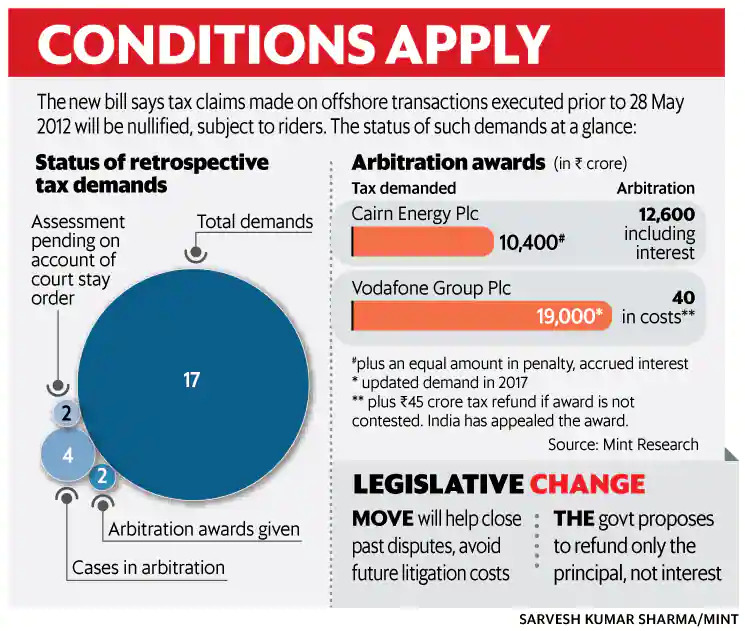 To prevent this, try following these tips.
To prevent this, try following these tips.
Acknowledge your feelings
First of all, you need to understand that your emotions are perfectly normal. They do not make you a bad person or crazy and, according to psychologist Robert Leahy, are due to the natural desire to be the only one. Understand your feelings, accept them, otherwise it will be worse. nine0003
Robert Leahy
Doctor of Psychology and professor at Yale University
Feeling jealous is hard. It makes you anxious, angry, sad and helpless, it interferes with your relationships. Therefore, be compassionate to yourself.
Ask yourself what it is you're worried about
Sometimes pinpointing what makes you jealous can help. Perhaps you are not interested in who your partner met before, but what kind of person he was then. Or you want to know what attracts him and what annoys him. Or you think you can predict the development of your relationship. nine0003
Look at the situation from a different angle
Let's say you're afraid of losing your lover because he's wonderful.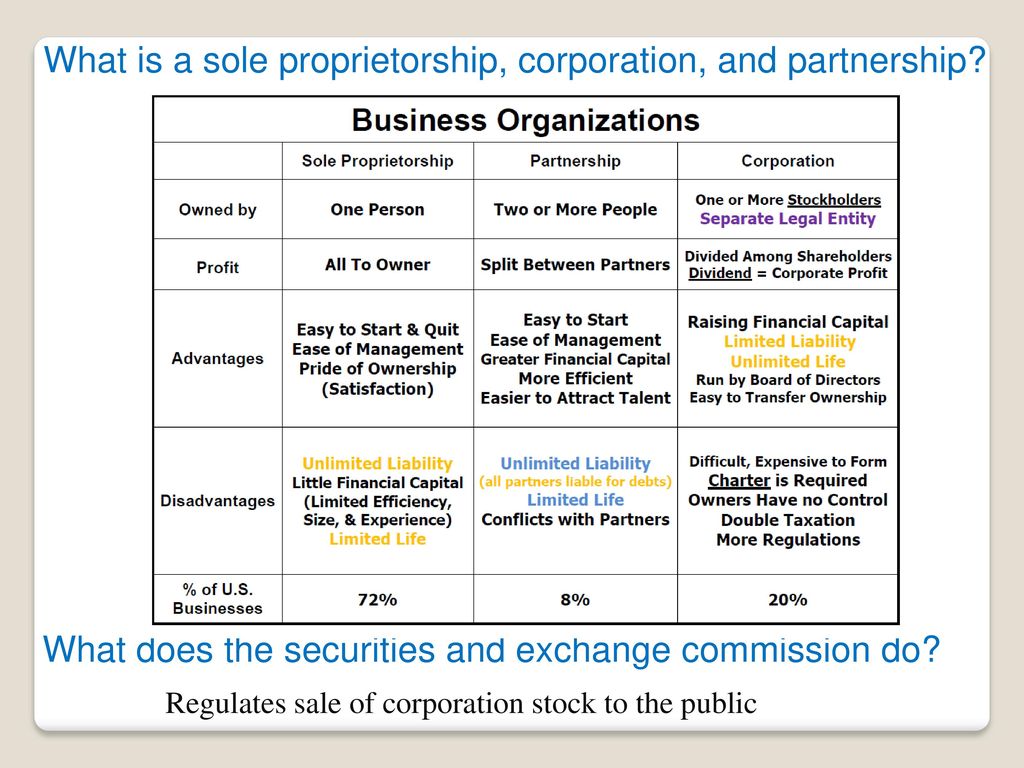 Think about what made him the way he is, and admit to yourself that past romantic relationships have contributed as well.
Think about what made him the way he is, and admit to yourself that past romantic relationships have contributed as well.
Any relationship makes us more experienced, allows us to develop. And perhaps if they were not, your partner would not have become the person you fell in love with.
Realize that the past is the past
Even if you know that your partner had a relationship before you (and not even one), remind yourself that it is over. Perhaps people have realized that they are no longer interested in each other, or have identified different goals in life. In any case, this is a past stage that has nothing to do with you. nine0003
Try to put yourself in the place of your partner and remember that you also have your own history and people who were once dear to you, but then left in the past. And this, as Robert Leahy says, is perfectly normal for the 21st century.
Robert Leahy
Imagine that at the age of 30 you meet a person your age who tells you: “No one before you seemed attractive to me, did not arouse passion in me. You are the first person I like to talk to." Will you believe? I doubt. nine0003
You are the first person I like to talk to." Will you believe? I doubt. nine0003
To be more realistic about your significant other's previous relationships, Robert Leahy advises periodically repeating the following phrases to yourself:
- I don't have to be the only person my partner will ever want.
- Just because my partner enjoyed sex with someone else doesn't mean he can go back to his former lover.
- My partner may enjoy being close to me even if he has previously enjoyed sex with someone else. nine0020
- My partner's warm memories do not threaten our current relationship. All people mentally return to a positive experience, this is natural.
Remember that thoughts and feelings are not dangerous
Trying to control thoughts and feelings does not lead to anything good and only shows the other person that you will never be satisfied with him. Realize that everyone can think and fantasize what they want, and then you will live in the real world with real relationships. nine0003
nine0003
Do not turn relationships into a test
Try to control yourself: do not interrogate your partner, do not look for reasons to find fault and do not provoke him to quarrels.
If you know that certain topics and names are triggers for you, don't try to bring them up in a conversation and don't ask your partner to share details of his previous relationship.
Talk to your partner
If you speak out, it will be easier for you to accept your feelings and get rid of jealousy. And your partner may be able to calm you down. nine0003
Just be correct, respectful. When speaking, try to use "I-statements" and focus on your current emotions rather than your past. For example, you might say, “Sometimes I worry that you will leave me because I believe you can date whoever you want” or “I know that you and [former partner’s name] were planning to get married. So while I believe in your feelings for me, I sometimes worry that you will realize that you want to be with him/her. ”
”
Learn to accept what you are told
You can share your feelings with a partner, calm down for a short time, but then begin to torment yourself with doubts again. This is due to the fact that you do not fully trust either the feelings or the words of your soulmate.
Try to calm your anxiety, understand that you cannot double-check every word, and accept what your partner convinces you of.
Stop spying on your partner
If you check your loved one's phone every day, the maximum you will get is neurosis and the final break in the relationship. No one likes when their personal boundaries are violated. Therefore, do not follow your partner when he goes somewhere, do not apply for his work and do not try to learn something from third parties. nine0003
Don't scour social media for pictures of exes and cute comments they once left for each other. Remember that sad faces and details of quarrels are not posted on the Internet. Therefore, a few travel pictures do not at all indicate that the previous relationship of your soulmate was easier, freer, happier.
Focus your energy on developing relationships
Constantly thinking about the past or worrying that your partner might leave you takes a lot of energy. So much so that it does not remain at all to spend time together. And because of this, you move away from each other. nine0003
Unable to change the past or predict the future. Therefore, it is better to focus on the present and do everything possible to develop relationships.
Robert Leahy
Interrogation and accusations will not strengthen the bond between you. So just love and appreciate each other. Plan how you will have fun, develop and communicate, rather than arguing about what is long over.
Remind yourself of your worth
According to family psychologist Emily Cook, insecurity can fuel jealousy. The worse you think of yourself, the more you focus on the appearance, character, and behavior of your exes. nine0003
In this case, it is important to understand that you were chosen for a reason. Most likely, you are an attractive and interesting person with your own views, hobbies and dreams, and there is something special about you. Remind yourself of your unique talents and qualities, dedicate time to a long-forgotten hobby, play a sport, or immerse yourself in a new project at work.
Most likely, you are an attractive and interesting person with your own views, hobbies and dreams, and there is something special about you. Remind yourself of your unique talents and qualities, dedicate time to a long-forgotten hobby, play a sport, or immerse yourself in a new project at work.
If you're having trouble identifying your positive qualities, move on to the next tip.
Talk to a specialist
Therapy helps to switch from the past partner to the internal dialogue and understand what exactly caused the jealousy. It makes sense to seek professional help if:
- You are not left with obsessive jealous thoughts.
- You think about your partner's past so much that it affects your daily life.
- You repeat certain actions to get rid of stress. For example, wash your hands regularly.
If your partner doesn't mind, you can go to couples therapy and try to solve the problem together. This option may help if:
- You ask each other the same questions.

- You feel that you are talking about extraneous things and are not getting closer to solving the problem.
- Your partner's answers cause you even more stress.
Read also 🧐
- 6 signs of an unhealthy relationship that people think is normal
- 12 things thanks to which my husband and I have been together for 26 years
- “Will we take a break in the relationship?” Is it worth parting for a while and how to do it right
*Activity of Meta Platforms Inc. and its social networks Facebook and Instagram are prohibited in the territory of the Russian Federation. nine0180
What is retroactive jealousy and how it can destroy your relationship
Any relationship, even if it is strong as steel, cannot exist without moderate jealousy. But if you are jealous of your girlfriend not for the present, for example, when she responds to a colleague's flirting, but for her past relationships, this is called retroactive jealousy, and underestimating her can ruin your relationship.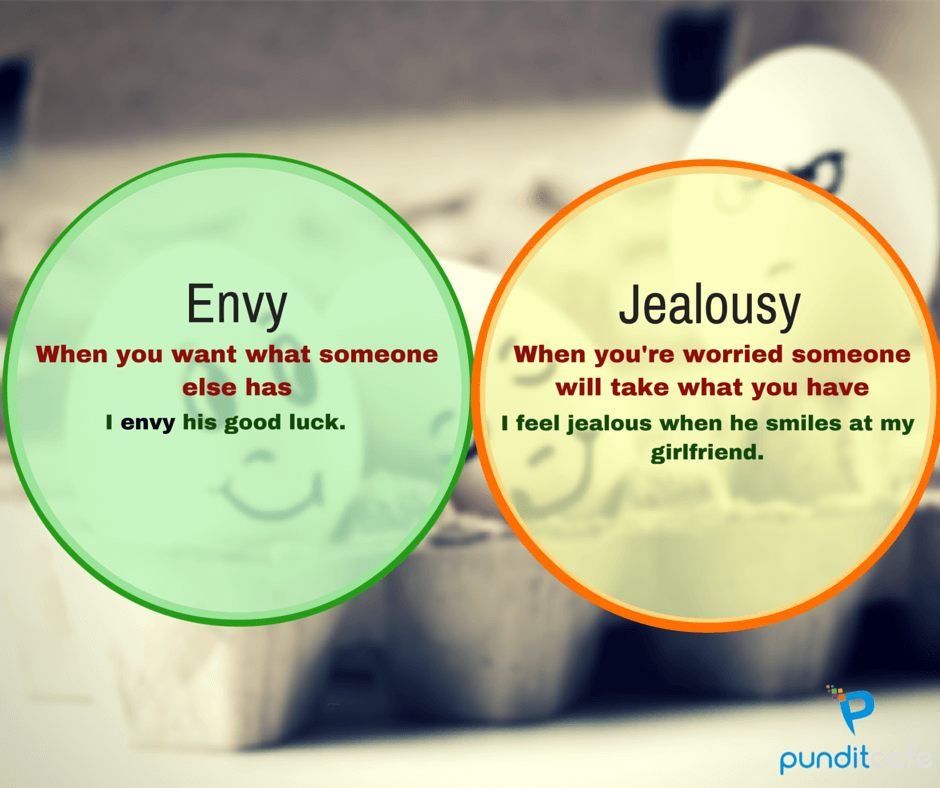
What is retroactive jealousy
The term "retroactive jealousy" is used in Western sexology to describe jealousy, resentment, or disappointment at the realization of one's partner's past romantic or sexual experience. Such jealousy is aimed at negative emotions in relation to the fact that your girlfriend met or slept with someone, even if this is long in the past and all contacts with the former are severed. nine0003
Basically, retroactive jealousy arises against the background of negative emotions experienced by a person associated with betrayal. Such uncertainty that a person is not being deceived again leads to the fact that he begins to fantasize about the girl's past. And he does it as if the fact of relations in the past can somehow affect the present.
Retroactive jealousy can manifest itself without cheating, for example, in the case of a strong attachment to a girl or because of the fear of being abandoned. This forces a person to focus on the possible reasons for the betrayal of a partner, which will be found, including in the past.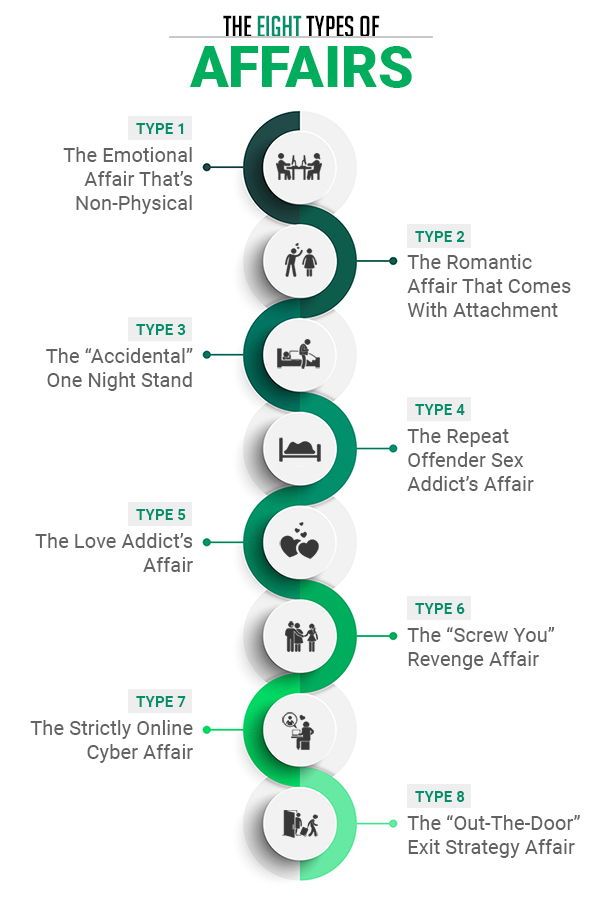 nine0003
nine0003
How does retroactive jealousy manifest itself? By these signs, you can determine that you are trapped in the mind, and it is better to reconsider your views on relationships.
You constantly compare yourself to her past boyfriends
What was, is gone. This is a normal attitude towards the world. But, feeling jealous of your girlfriend’s past boyfriends, you can’t get out of your head what is already long overdue and compare yourself with them. There is an unhealthy interest in their appearance, intelligence, social status and other parameters that characterize the personality. nine0003
Of particular interest is the sexual life, where there is a comparison with the size of the penis, the duration of sexual intercourse, and so on. Moreover, whatever the girl’s answer, he is angry, because either it seems that she is hiding something so as not to offend, or she boasts of the former.
When one of your ex turns out to be even slightly better than you, you begin to feel angry or discouraged because of your inconsistency with your ideals.
You feel angry when you find confirmation of a positive experience
When people ask a question that can be called a dilemma, they already know the answer and just want approval for their choice. The same applies to jealousy directed to the past. But here a person either wants to confirm his guesses or refute them.
When you see that in old photos your girlfriend is hugging her ex and looking happy, and experiencing strong negative emotions, this is retroactive jealousy. Despite the fact that this moment was only in the photo, you feel it as if it is happening right now. nine0003
Normally, people understand that their partners at least liked someone and they felt comfortable around such a person. This is normal, because that attachment is in the past.
You don't feel that the girl is completely yours
Even though the sexual revolution is long gone, many guys still see a woman as a creature who should have a minimum of sexual partners, unlike men.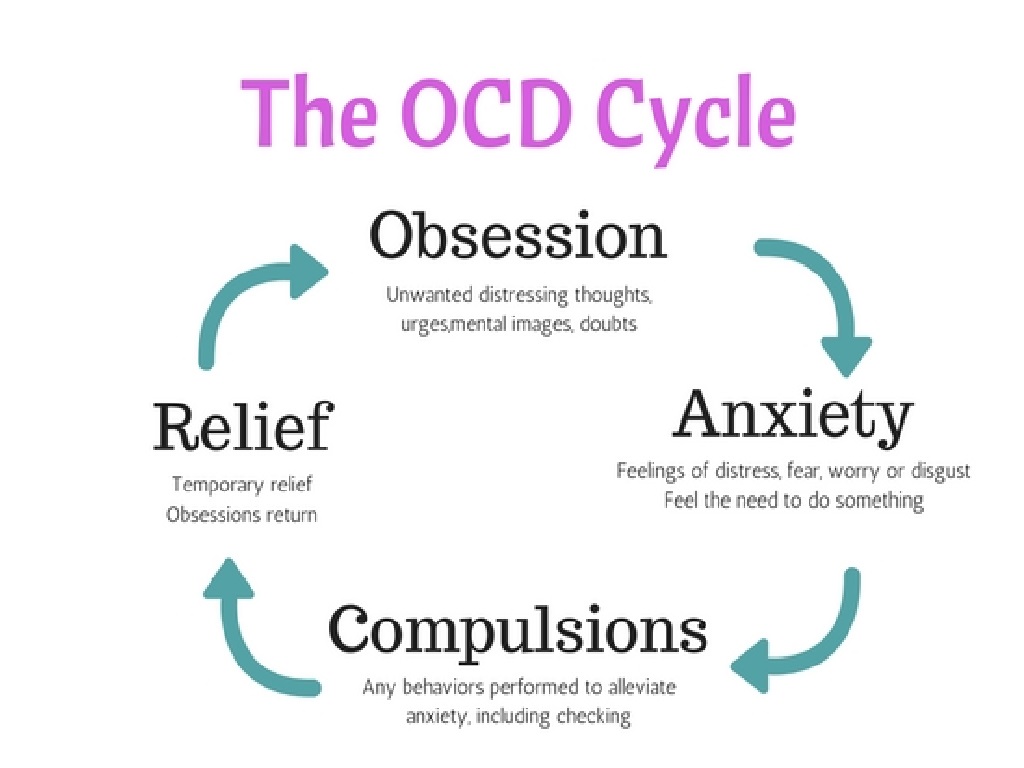 The truth is, if a girl is using contraception, it doesn't matter how many boyfriends she had before you. Yes, and a normal man will not care about the sexual past of his woman, if it is left behind. nine0003
The truth is, if a girl is using contraception, it doesn't matter how many boyfriends she had before you. Yes, and a normal man will not care about the sexual past of his woman, if it is left behind. nine0003
But when you are subject to retroactive jealousy, this question worries you so seriously that you simply cannot confidently consider your girlfriend as your own. She seems “defiled” to you, you feel jealousy mixed with hostility when you find out about her past sexual experience.
This may be accompanied by a desire to be the best in bed in order to make the girl forget about the former. On the one hand, this is good, and the guy tries more for the pleasure of his girlfriend. On the other hand, this leads to a kind of manic dependence on the opinions of others. nine0003
You regularly interfere in her personal life
Most jealous people try to control their girlfriends and regularly search their phones and computers for confirmation of their conjectures. Retroactive jealousy is different in that searches are carried out not only on fresh data, but also on long-outdated data.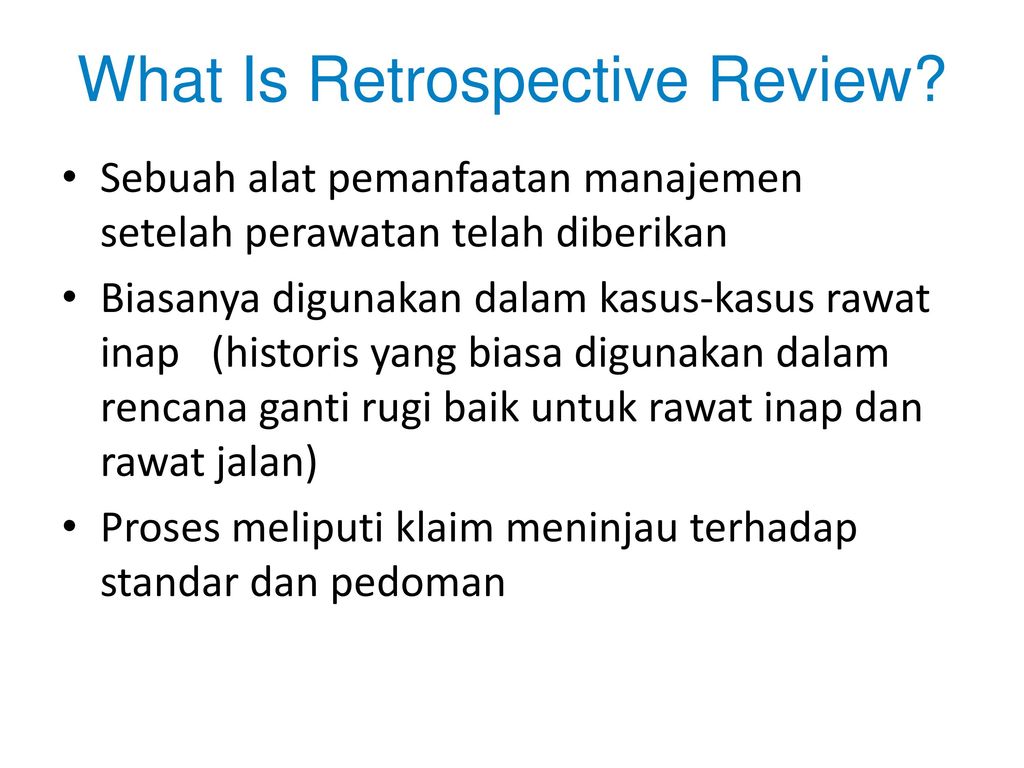
It is enough to find correspondence with the former on the computer, dating back several years before the start of your relationship, in order to experience a surge of jealousy.
How retroactive jealousy destroys relationships
Even the most patient girl can lose her temper due to constant suspicions of infidelity. When she is accused of being with someone before her current relationship, it looks like a mockery and ruins the relationship even faster.
Gradually, such jealousy grows and goes further and further into history, up to school loves. At the same time, the self-doubt of the jealous person also grows. He turns into a kind of himself, a person who lives in constant stress in an attempt to change the past, although this is impossible. nine0003
How to suppress retroactive jealousy
The most important thing is to understand that those relationships with the former are in the past. Do not blame your girlfriend without evidence, do not try to manipulate her mind, this will lead to a negative reaction.